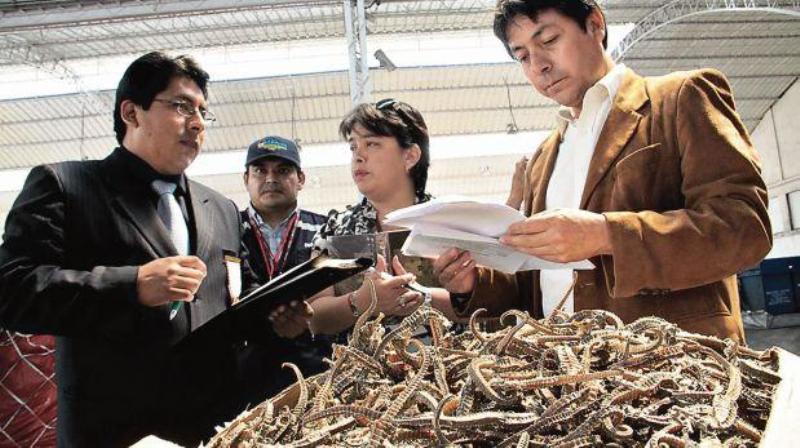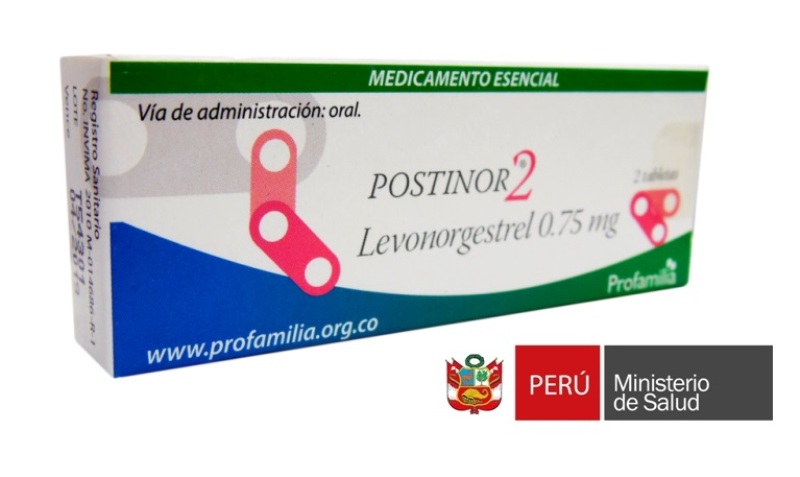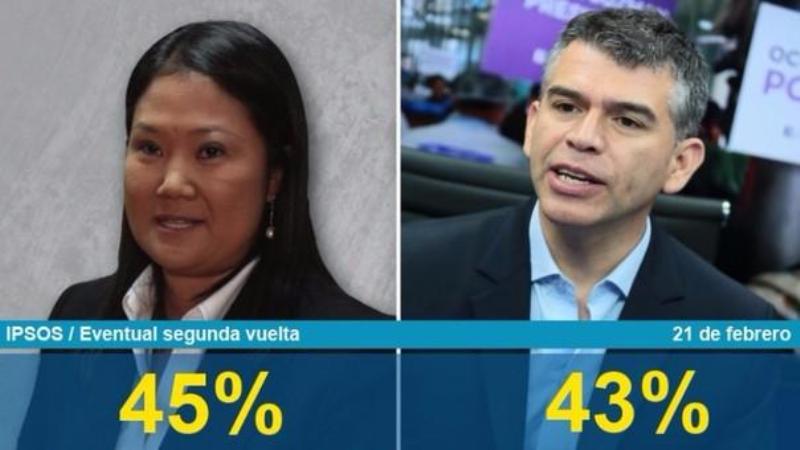Authorities in Peru have seized more than 8 million specimens of dried seahorses destined for China from a container in Lima’s port of Callao.
The seizure on June 7 of this protected species, valued at $3.9 million on the black market, is the largest in Peru’s history. The haul brings Peru’s total of illegally fished seahorses to almost one ton in the last two years.
“We are evaluating the emission of a purple alert to Interpol on the seahorses and modus operandi of the Chinese fleet,” Jesus Barrientos, an official at Peru’s production ministry, told El Comercio. “I think all the conditions are met to launch the alert.”
The Hippocampus ingens species is native to the warm ocean waters of Peru’s northern coast. The seahorses are illegally fished in Tumbes, Piura and Lambayeque before being exported to China through the international ports of Callao and Chimbote.
The Pacific seahorse found in Peru’s waters, also known as the giant seahorse, is classified as vulnerable by the International Union for Conservation of Nature (IUCN). The IUCN attributes populations have been reduced due to fishing and low birth rates.
“[Population] declines result from targeted catch, incidental capture and habitat degradation from coastal development,” the IUCN website states. “Once caught, [Pacific seahorses] are used throughout Latin America for curios, occasionally in traditional medicine, and in the live aquarium trade. The vast majority are exported internationally for use in traditional medicine.”
Dried seahorse powder is marketed as a virility supplement in traditional Chinese medicine.
“Sea horses have sweet and warm properties, and are associated with the Liver and Kidney meridians, according to the precepts of traditional Chinese medicine,” states the Acupuncture Today website. The site adds that, in addition to boosting sex drive, seahorse can be taken to treat asthma, throat infections, insomnia, abdominal pain and skin infections and sores.
Frida Rodriguez, a marine life specialist at Peru’s environment ministry, told El Comercio that holding a regular population study will help the government determine an appropriate policy. The last study was taken in 2005.
Others believe the designation of the Tropical Pacific Sea Reserve, four ocean blocks off limits to fishing, would help preserve seahorse populations.
In 2012 police seized 16,000 dried seahorse specimens on a street near the Lima airport.
Sources
Se incautaron más de 8 millones de caballitos de mar disecados (El Comercio)
Peru police seize thousands of dried seahorses (BBC)
Hippocampus ingens (International Union for Conservation of Nature and Natural Resources)










